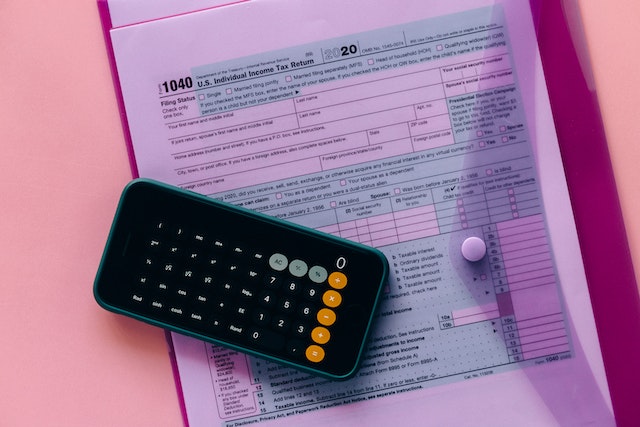Small businesses play a crucial role in driving the economy, but with that come various responsibilities, including tax filing. The tax season can be a challenging time for small business owners, but with the right approach and preparation, it can be a stress-free process. Here are some tips to help small businesses with their tax filing process.
- Keep accurate records: Accurate record keeping is essential for tax filing. Make sure to keep track of all your income and expenses, including receipts and invoices. This will help you to prepare accurate financial statements and ensure that you are not overpaying or underpaying your taxes.
- Plan ahead: Don’t wait until the last minute to start preparing for tax season. Start planning ahead of time to ensure that you have all the necessary information and documents ready when the time comes to file your taxes.
- Know your deadlines: Familiarize yourself with the deadlines for tax filing, including any extensions. Filing your taxes late can result in penalties and interest, so it’s important to be aware of the deadlines and make sure you file your taxes on time.
- Take advantage of tax deductions: Small businesses are eligible for various tax deductions, such as business expenses, home office expenses, and employee benefits. Make sure to take advantage of all the tax deductions available to you to reduce your tax liability.
- Seek professional help: If you are unsure about the tax filing process, consider seeking the help of a professional, such as a Certified Public Accountant (CPA). They can provide valuable advice and guidance on tax filing, saving you time and money in the long run.
- Use tax software: Tax software can be a helpful tool for small businesses to prepare and file their taxes. It can provide step-by-step guidance, assist with calculating your taxes, and help you avoid mistakes.
In conclusion, tax season can be a challenging time for small business owners, but with the right approach and preparation, it can be a stress-free process. By keeping accurate records, planning ahead, knowing your deadlines, taking advantage of tax deductions, seeking professional help, and using tax software, small businesses can ensure that they file their taxes accurately and efficiently.

